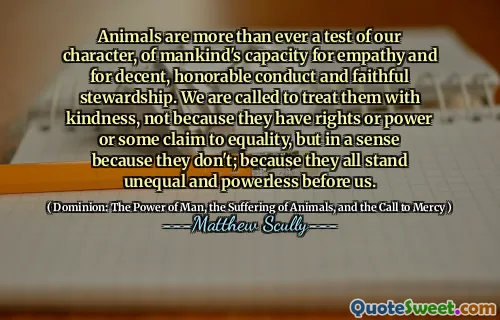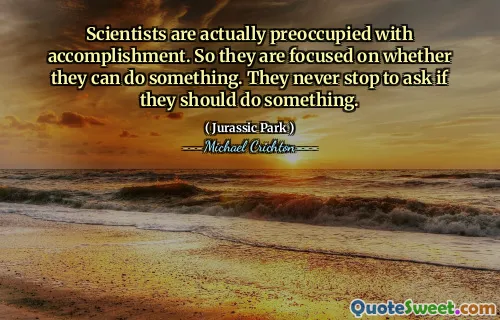The choice-obsessed modern West is probably more accommodating to individuals who choose to eat differently than any other culture has ever been, but ironically, the utterly unselective omnivore - "I'm easy; I'll eat anything" - can appear more socially sensitive than the individual who tries to eat in a way that is good for society. Food choices are determined by many factors, but reason {even consciousness} is not generally high on the list.
In his book "Eating Animals," Jonathan Safran Foer discusses the paradox of food choices in modern Western culture. He notes that while individuals can make varied dietary choices, this flexibility can sometimes mask a deeper insensitivity. For instance, someone who claims to be an unselective eater might be perceived as more considerate compared to someone who intentionally selects their diet based on ethical considerations. This reflects a societal trend where being easygoing about food seems preferable to making conscious, intentional choices.
Foer argues that food preferences are influenced by a multitude of factors beyond rational thought or conscious decision-making. The modern emphasis on individual choice in dietary habits overlooks the broader implications of those choices on society and the environment. While the abundance of options allows for personalized eating experiences, it can also lead to superficiality in how we approach food, often neglecting the ethical dimensions that should inform our eating practices.

